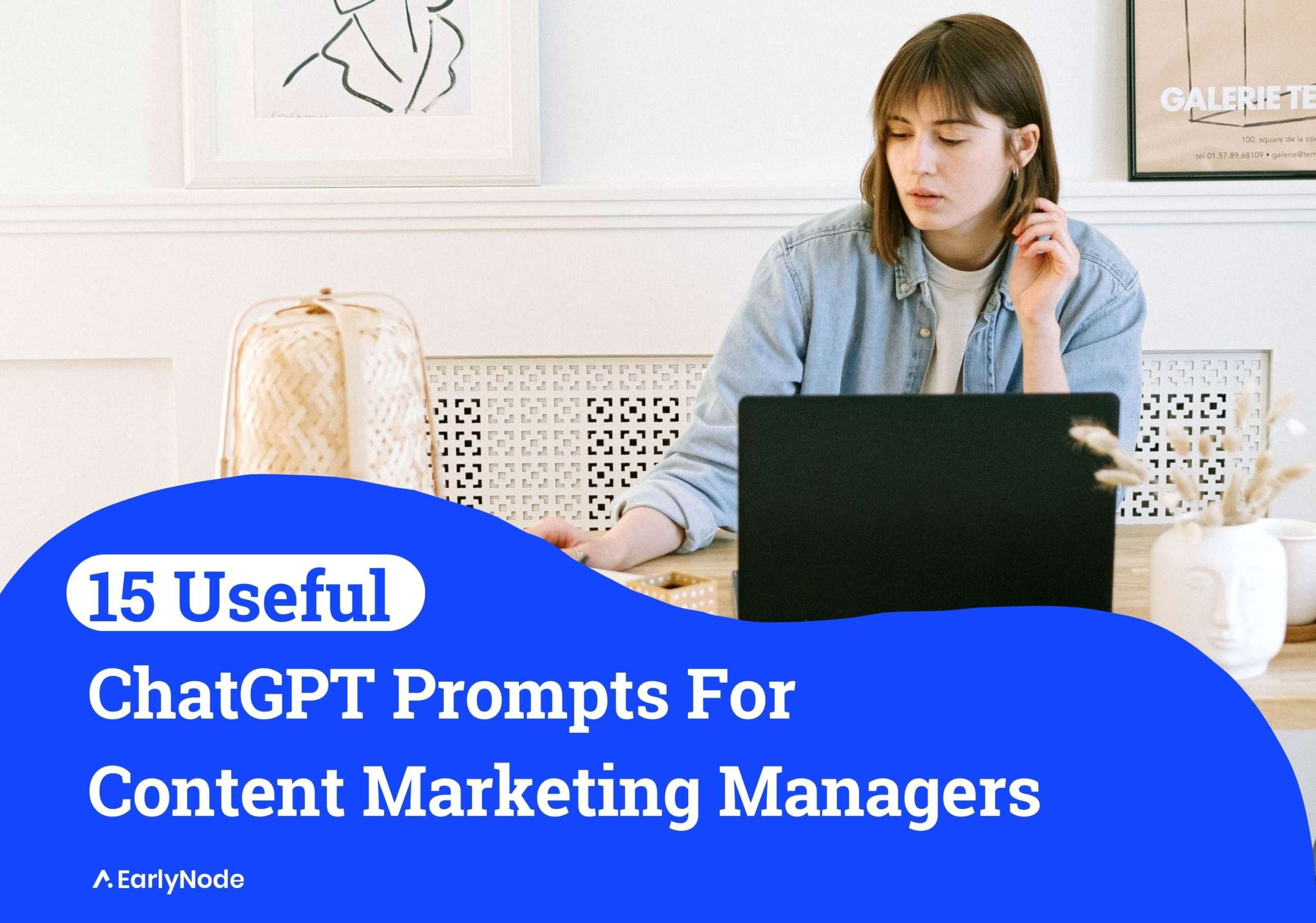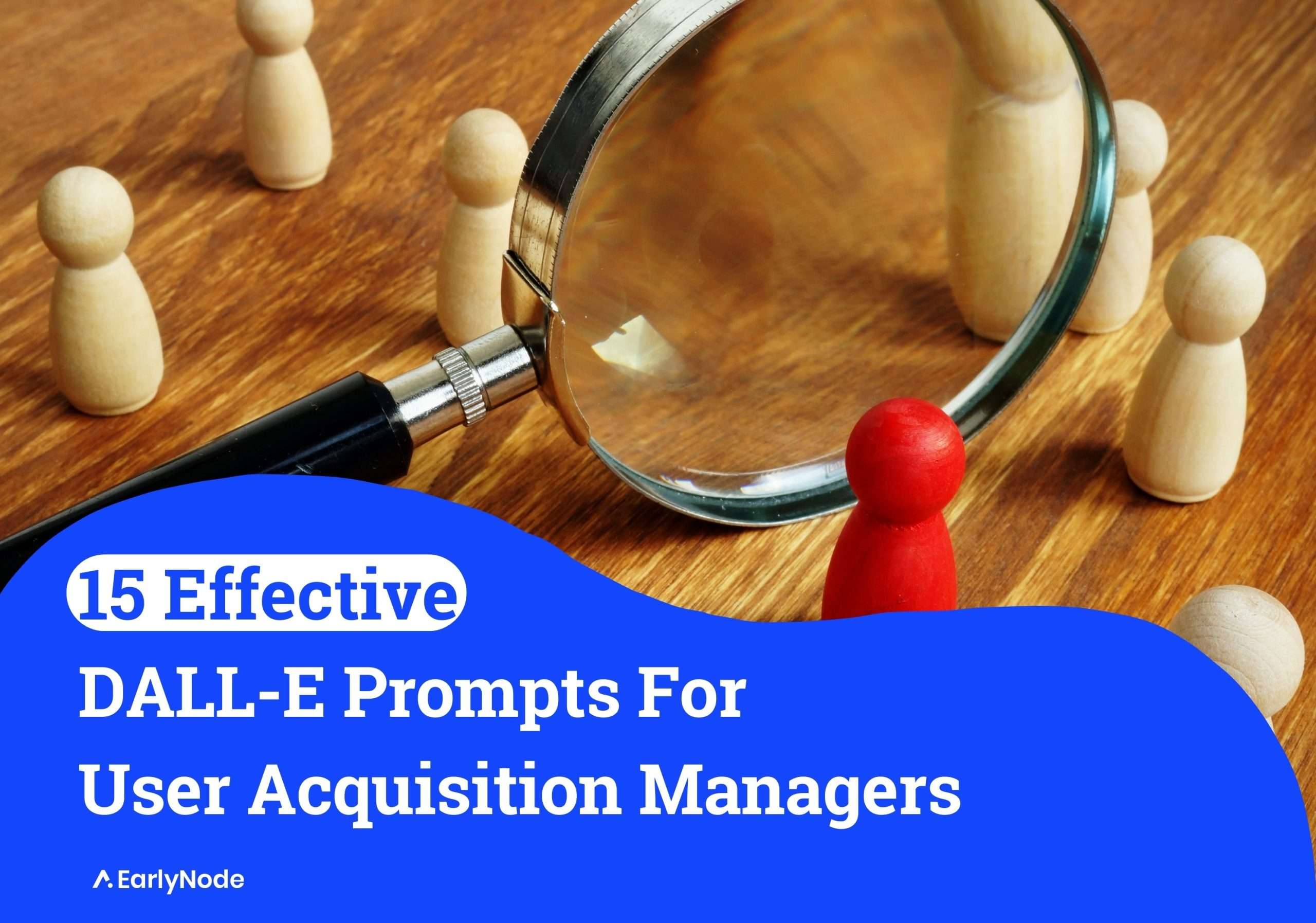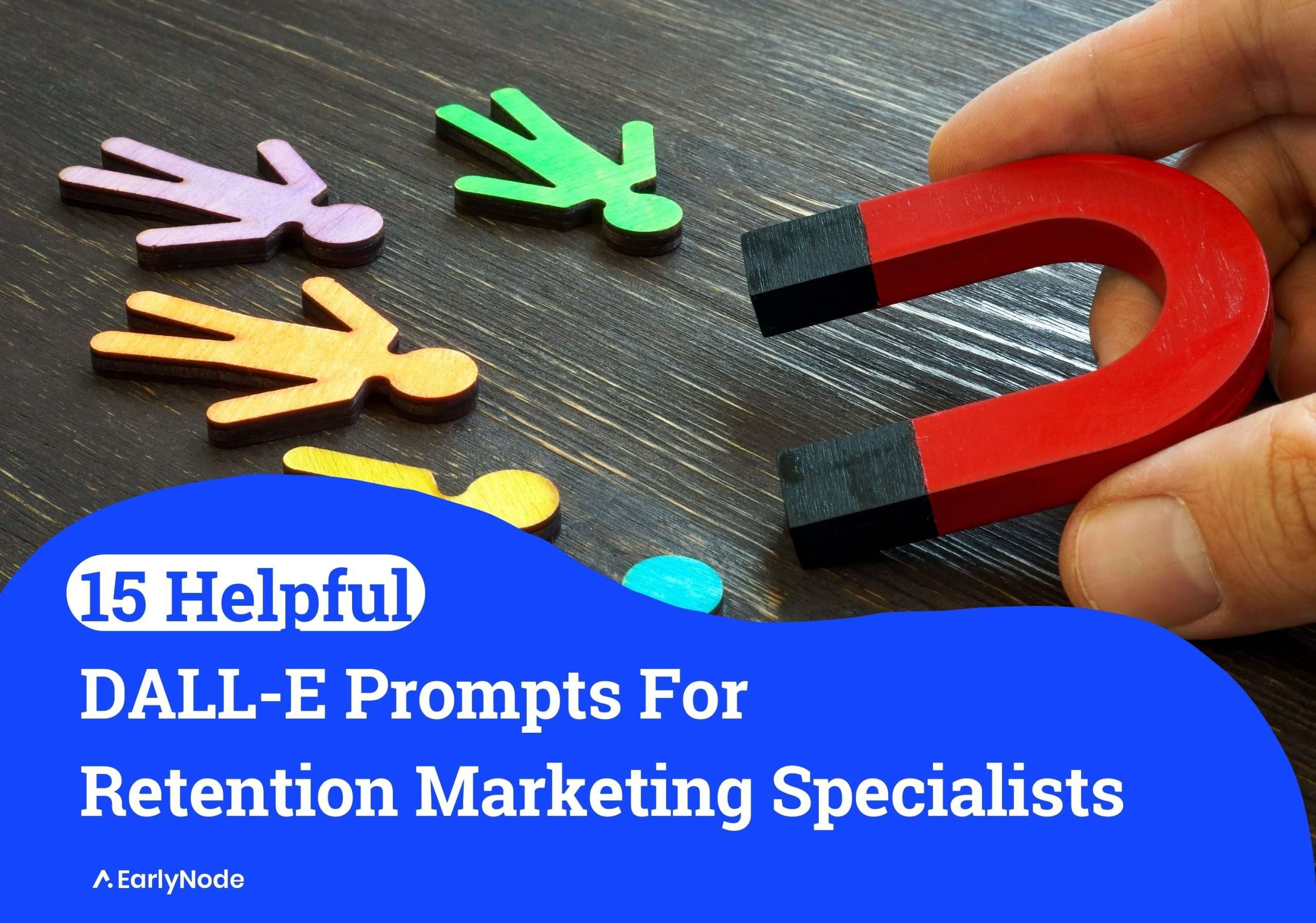15+ Useful ChatGPT Prompts for Content Marketing Managers

For folks in content marketing, ChatGPT’s versatility is a game-changer. It helps in crafting content seamlessly, brainstorming content ideas in no time, personalizing messages, and enhancing SEO strategies. This combination of AI with human creativity can elevate content quality and engagement.
The magic of ChatGPT shines when you master the art of prompt engineering. Knowing how to chat with this AI can mean the difference between fluffy content and engaging stories that drive clicks, conversions, and conversations.
Now, let’s dive into specific prompt templates you can use to get the best out of ChatGPT.
20 ChatGPT Prompts For Content Marketing Managers
1. Content Ideas Generation: “Generate content ideas for [Industry/Topic] that are currently trending and would engage readers in the [Demographic/Market].”
2. Drafting Blog Posts: “Draft a blog post about [Specific Topic], including key points such as [Point 1, Point 2, …], targeting an audience in the [Demographic/Market].”
3. Email Campaigns Writing: “Compose a personalized email for segment [Audience Segment] that highlights [Product/Service], includes a call to action for [Specific Action], and aligns with our brand tone.”
4. Social Media Posts: “Create an engaging post for [Social Media Platform] about [Topic/Product/Event], encouraging shares and interaction from our [Demographic/Market].”
5. Website Content Audit: “Identify content on [Website URL] that is outdated or no longer aligns with our current [Product Offerings/Brand Message], and suggest specific areas for updates.”
6. Ad Copywriting: “Write compelling ad copy for our [Product/Service] that emphasizes [Unique Selling Points] and is tailored for [Platform/Medium], targeting [Demographic/Market].”
7. SEO Strategy: “Suggest ways to incorporate these keywords: [Keyword 1, Keyword 2, …] into the content on our website’s [Specific Page/Section], while maintaining a natural and engaging tone.”
8. Competitor Content Analysis: “Analyze the content strategy of our competitor [Competitor’s Name] and identify content gaps or opportunities we can explore for our brand.”
9. User-Generated Content Moderation: “Review and moderate user-generated content submitted to our [Platform/Forum/Website] between [Date Range], ensuring compliance with our content guidelines.”
10. Content Format Diversification: “Propose ways to repurpose our existing article titled [Article Title] into different content formats suitable for platforms such as [Platform 1, Platform 2, …].”
11. Community Q&A Engagement: “Draft informative and brand-aligned responses for the following questions about [Product/Service] asked on [Platform/Forum]: [Question 1, Question 2, …].”
12. Press Release Writing: “Compose a press release announcing our [New Product Launch/Event/Company Update], highlighting its significance and benefits for [Target Audience/Market].”
13. Customer Testimonials and Case Studies: “Craft a narrative around the following customer testimonials [Testimonial 1, Testimonial 2, …] that showcase the impact of our [Product/Service].”
14. Interactive Content Suggestions: “Provide ideas for interactive content elements (like quizzes or polls) related to [Topic/Product], designed to engage users on our website/social media.”
15. Content Calendar Management: “Assist in organizing a content calendar for [Month/Period] across [Platforms], considering our upcoming campaigns for [Campaign/Event/Product].”
16. Feedback Analysis: “Analyze customer feedback obtained from [Source/Platform] during [Date Range] and recommend content or messaging improvements.”
17. Crisis Communication: “Prepare a response strategy for the recent [Crisis/Negative Feedback] we received, ensuring it’s empathetic, upholds our brand values, and addresses customer concerns.”
18. Influencer Collaboration Proposals: “Draft a proposal for a collaboration with influencer [Name] on [Platform], outlining the campaign concept related to [Product/Service] and potential mutual benefits.”
19. Whitepaper and Ebook Creation: “Outline a structure for a whitepaper/ebook on [Topic], including key sections and points to cover, that will provide value to our [Target Audience].”
20. Analytics Interpretation: “Interpret the data from our content performance report dated [Date], focusing on user engagement and traffic sources, and suggest content strategies for improvement.”
Wrapping up
These prompts serve as strategic guides so that when a content marketing manager engages with ChatGPT, the results are not only insightful but also tailored to their unique requirements.
For content marketers, these prompts don’t only serve as strategic guides but are a chance to create messages that feel personal and relevant for the right audience. That’s the heart of top-notch content these days.
To help you keep track of those valuable prompts, we’ve introduced the Prompt Manager Chrome extension. With it, you can easily save, sort, and pull up your favorite prompts whenever you want, all with just a click. Give it a try!




